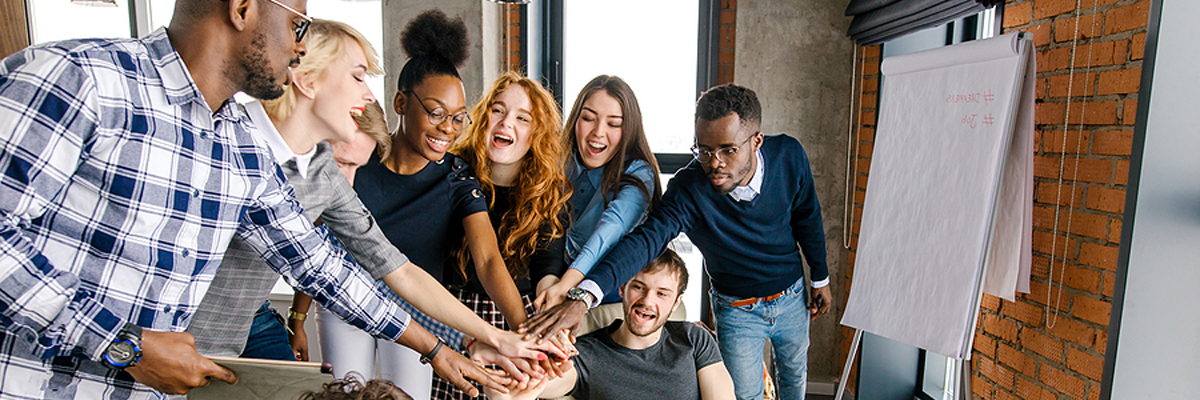Resources: Community
Having relationships and social networks that provide support, friendship, love, and hope.
ICJI: Behavioral Health
The Indiana Criminal Justice Institute works in partnership with state and local agencies to reduce the incidence and prevalence of substance abuse and addiction among children and adults in Indiana.
- Local Coordinating Councils
Each county has a Local Coordinating Council (LCC), which is the planning and coordinating body for addressing alcohol and other drug problems. Members include volunteers from a variety of organizations including education, treatment, social services, and local police.
Indiana 211
2-1-1 is a free and confidential service that helps Hoosiers across Indiana find the local resources they need – 24 hours a day, 7 days a week.
- Need a Lyft?
Dial 1-866-211-9966. To overcome barriers related to transportation, IN211 is excited to announce a partnership with Lyft. Lyft is a public ridesharing platform that allows IN211 to request rides through a live-online network. IN211 may be able to provide rides for individuals receiving outpatient treatment or going to inpatient treatment. Simply dial 1-866-211-9966 to see what options may be available to your client. A brief eligibility assessment is required. - Transportation Toolkit
The toolkit was developed to help Marion County residents find transportation resources, 211 and Managed Care Coverage are available statewide.
Indiana Family and Social Services Administration
Find a complete list of offices and contact information.
Recovery Community Organizations
Recovery Community Organizations (RCO) are created by individuals and/or families in recovery to provide supports and services that are often unmet within their communities while decreasing the feelings of isolation and shame often experienced by people and families in recovery. There are three core principles that RCOs encompass: recovery vision, authenticity of voice, and accountability to the recovery community. Majority of the board members (more than 50%) in an RCO must be in recovery.
National Standards of Best Practices for Recovery Community Organizations (RCOs) – Faces & Voices of Recovery
RCOs increase the visibility and influence of the recovery community and engage in activities that fall under one or more of the three core activities of policy & advocacy activities, recovery-focused community education and outreach programs, and peer recovery support services (PRSS).
Indiana Association of Peer Recovery Support Services (IAPRSS)
Indiana Association of Peer Recovery Support Services (IAPRSS) is a membership association for both advocates and trained or certified peer support professionals.
Recovery Oriented Systems of Care (ROSC)
A ROSC is a coordinated network of community-based services and supports that is person-centered and builds on the strengths and resiliencies of individuals, families, and communities to achieve abstinence and improved health, wellness, and quality of life for those with or at risk of alcohol and drug problems.
Indiana Youth Group
Indiana Youth Group (IYG) strives to provide safer spaces to build self-confidence, explore individualism, and develop friendships within the LGBTQ+ community. IYG promotes a space of acceptance, equity, and restorative practices.
FOODPANTRIES.ORG
Directory of Food Banks, Soup Kitchens, and non-profit organizations committed to fighting hunger.
Indiana Recovery Council
Millions of people are living with mental health illness and substance-use disorders – which means the chances are pretty good that you will come into contact with one or more of those people and not even realize it. Your words and actions could be having a negative, harmful effect.
Family Resources for Addiction, Substance Use Disorder, and Mental Health
Resources
- LBGTQ+ Resources: Curated list by SAFE Project
- Resources for the Black Community: Curated list by SAFE Project
- Resources for Diverse Populations: Curated list by SAFE Project

